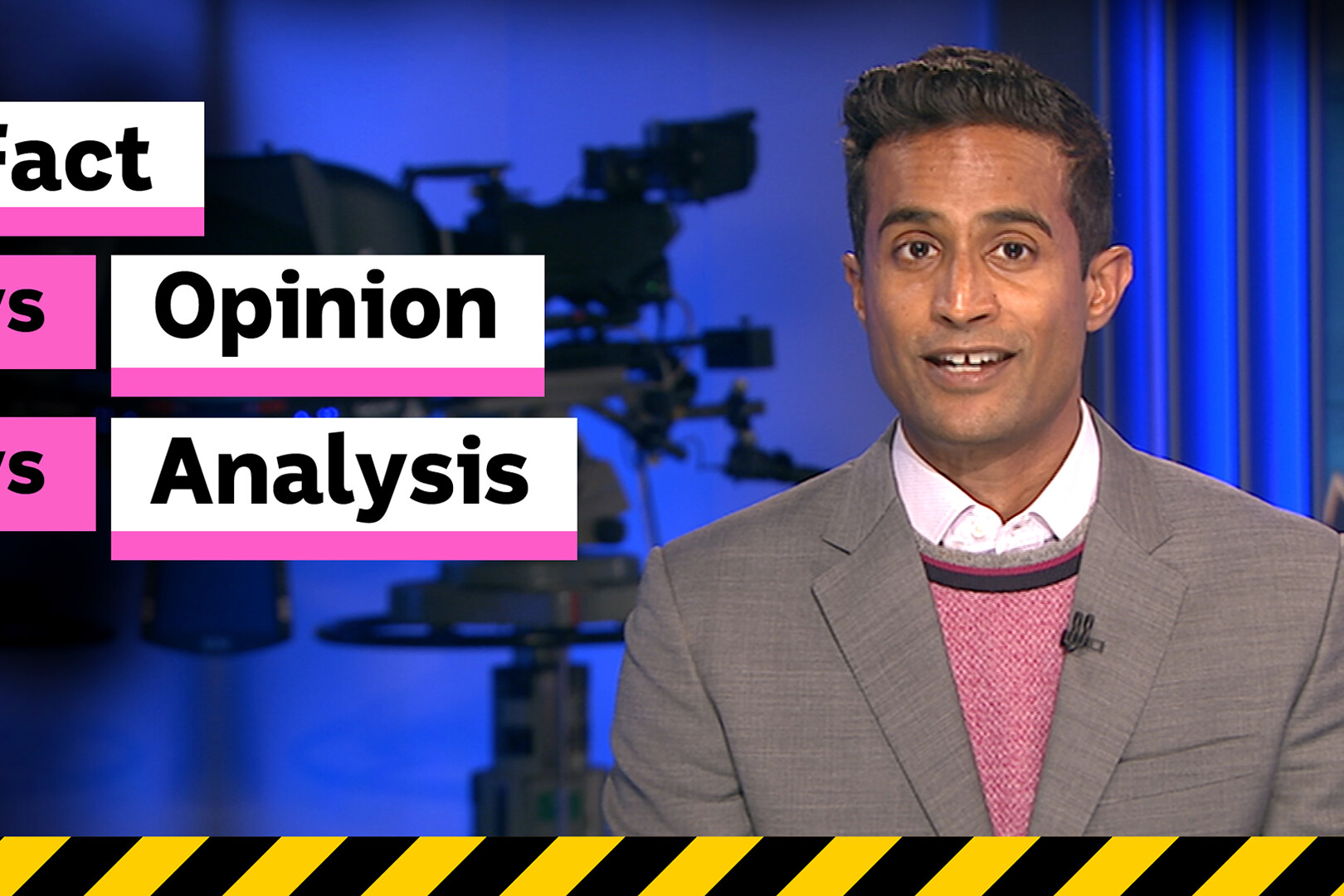By Chloe Howcroft
Effective democracy relies on citizen’s access to trustworthy information. But it also requires citizens to be able to make critical decisions about the sources of that information and whether it is credible or accurate.
Yet, in a climate where misinformation and disinformation thrive, heightened through digital media and during election periods, has there ever been a more pertinent time to shine a light on media literacy? More specifically, what role do public broadcasters and other independent media organisations play in engaging with and improving media literacy among younger generations?
Media illiteracy?
In their 2018 Media Literacy Index, the Open Society Institute (OSI) considered digital literacy to be “especially necessary to bridge the generation divide”. But, they continued, digital literacy alone will not suffice. Rather, “Young people, who are digital natives may not be that better prepared to address the challenges of post-truth as it necessitates additional knowledge and skills.”
This is not to say that all young people are making uninformed decisions about their use and interpretation of content and media resources. Instead, media organisations need to be making greater efforts to ensure that they are engaging more with younger generations and equipping them with the skills, knowledge and experience they need if they are to be the voters and content producers of the future.
Indeed, while attending the PMA social media guidelines workshop in Namibia, in June, Social Media Marketer and Gender Activist Alna Magdalena Dall promoted the need for more plurality within newsrooms. In an interview with SABC News, Dall commented, “We need to bring young people into news or media leadership positions. We don’t have enough women; we don’t have enough young people; we don’t have enough people of colour as leaders of media houses. This is a plurality that you see online that we need to start reflecting in our traditional spaces as well.”
Independent and well-funded public media are among the most trusted sources of news, with the tools and resources to counter so-called “fake news”. So, is there an opportunity here for these organisations to both impart their knowledge and empower media literacy among a nation’s youth while embracing the skills of the younger generation?
Youth media literacy projects
Fortunately, there are some existing PSB projects and initiatives that are contributing to empowering youth media literacy.
Back in 2016, Canada’s public broadcaster, CBC/Radio-Canada, inaugurated its innovative “Prochaine Génération” (Next Generation) project, an experimental lab that works with young adults to produce and oversee content for their own generation. More recently, their CBC Kids News website provides news and information aimed at children, which includes interactive explainer posts such as ‘What is fake news – explained’ and ‘How to spot misinformation and disinformation online’. They are designed to encourage children to think critically about their source of news and the nature of the content.
A similar journalism and media literacy project also started with the BBC in 2007. Now aimed at 11-18 year olds, the ‘BBC Young Reporter’ – formerly known as BBC School Report – “works in partnership with schools, colleges, youth organisations and charities to provide young people with the skills they need to create and understand the media.” It gives young people the opportunity to gain training, mentoring and resources from BBC staff as well as impart some of the BBC’s public service values with regards to content creation; namely fairness, accuracy and impartiality.
The ‘BBC Young Reporter’ project is mirrored by PBS Newshour’s ‘Student Reporting Labs’. Now running into its tenth year, the project provides young people with the opportunity to report on stories and create their own video journalism, while also matching them with public media mentors. According to PBS, “Public media empowers young people to report stories, reach authentic audiences, join conversations about the issues that affect their future and recognise their unlimited potential as valued members of society.”
Providing resources for teachers and students in schools has also appeared to be a key trend among public broadcasters when helping to improve youth media literacy. Both BBC TEACH and ABC Education’s Media Literacy project are initiatives that provide a variety of teaching resources for teachers to use in primary and secondary schools to support students in their learning.
Meanwhile, in South Africa, SABC recently announced a new partnership with the University of Western Cape (UWC) to give students the opportunity to gain on-the-ground experience in newsrooms and develop skills in broadcasting across different platforms. The project is also aimed at enhancing students’ understanding of the roles and responsibilities that media practitioners have within society.
Collaboration
Today (24 October) marks the first day of UNESCO’s Global Media and Information Literacy Week 2019. In aid of this, global public broadcasters from around the world have come together to create a joint venture calling for “greater media literacy in the digital age.” Australia’s ABC, CBC/Radio-Canada and PBS have each pooled together resources from their individual media literacy initiatives to help combat disinformation and encourage citizens to be more critical thinkers, particularly within the digital age.
In a press release, President and CEO of CBC/Radio-Canada, Catherine Tait, said: “Disinformation is a global challenge which calls for global solutions. We’re proud to join with other public broadcasters in supporting Global Media and Information Literacy Week. This is an important part of our ongoing work to help ensure all Canadians have the tools they need to have confidence in trusted sources of news and information.”
Read more: Public broadcasters around the world collaborate to support media literacy
Beyond public media
Alongside UNESCO’s Global MIL Week is the ‘Youth Agenda Forum’ held in Gothenburg, Sweden, which also begins today. It focuses on ‘youth involvement in MIL as co-leaders and co-creators, not only as beneficiaries’ by encouraging young people in schools, universities and youth organisations from around the world to actively participate in awareness-raising, knowledge sharing and networking.
Finland has also been paving the way in combating “fake news” online by integrating toolkits into their national curriculum to raise awareness of disinformation. This initiative was designed to equip citizens of all ages – though with particular attention to younger generations – and prepare them for the challenges of an ever-evolving digital landscape. It was launched as a response to Russia’s disinformation campaigns in 2014. According to the OSI’s Media Literacy Index 2018, Finland was ranked the most media literate nation out of the 35 European countries measured, followed by Denmark.
In June, UNICEF and the Georgian Charter of Journalistic Ethics announced a new series of collaborative 2-day workshops in Tblisi and other regions for media students, guided by a media coursebook to be adapted specifically for Georgia. According to UNICEF, “Media literacy has been gaining more importance in Georgia, as only a society that is media literate and has the capacity to think critically will manage to defend itself from misinformation. This is the main goal of fostering media literacy in young people in Georgia.”
Yet access to media alone does not empower a critical understanding of media and its intricacies, especially as disinformation and misinformation continue to flourish worldwide. As trusted and accountable media, there is certainly a role for public broadcasters and like-minded organisations to collaborate as well as encourage and support greater media literacy among young people. But this has to be supported by greater integration of media literacy programmes into curricula as well as extracurricular activities, so that such knowledge is consolidated and available to the widest audience possible.
Header Image: Fake news, disinformation or false information and propaganda concept. Crumpled paper,inscription and corrector. Credit: Oleg Chumakov/iStock
Related Posts
24th October 2019
Public broadcasters around the world collaborate to support media literacy
To mark Global Media and Information…
24th September 2018
Providing children’s content in an era of migration: Challenges and opportunities
Our roundup of a much needed project to…
13th October 2017
Exploring good PSM provision for young children in a diversified Europe
With a growth in forced migration to…



